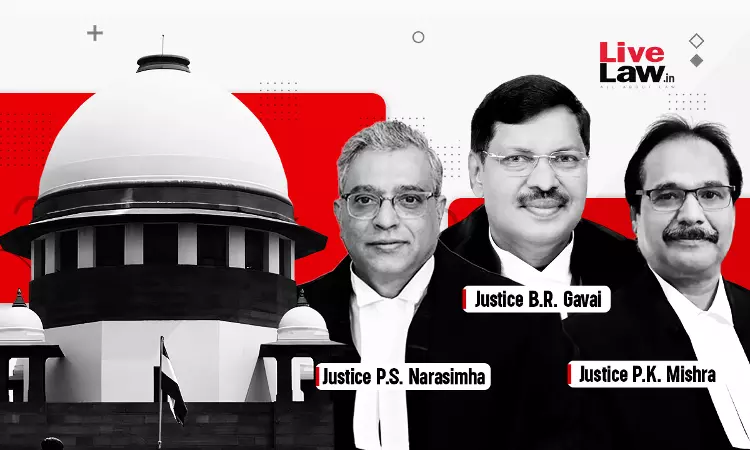Supreme Court Issues Guidelines For Effective Functioning Of Environmental Authorities, Says Regular Auditing Necessary
Debby Jain
1 Feb 2024 12:36 PM IST

How effectively environmental bodies are functioning has a direct bearing on protection and restoration of ecological balance, the court said.
Next Story


